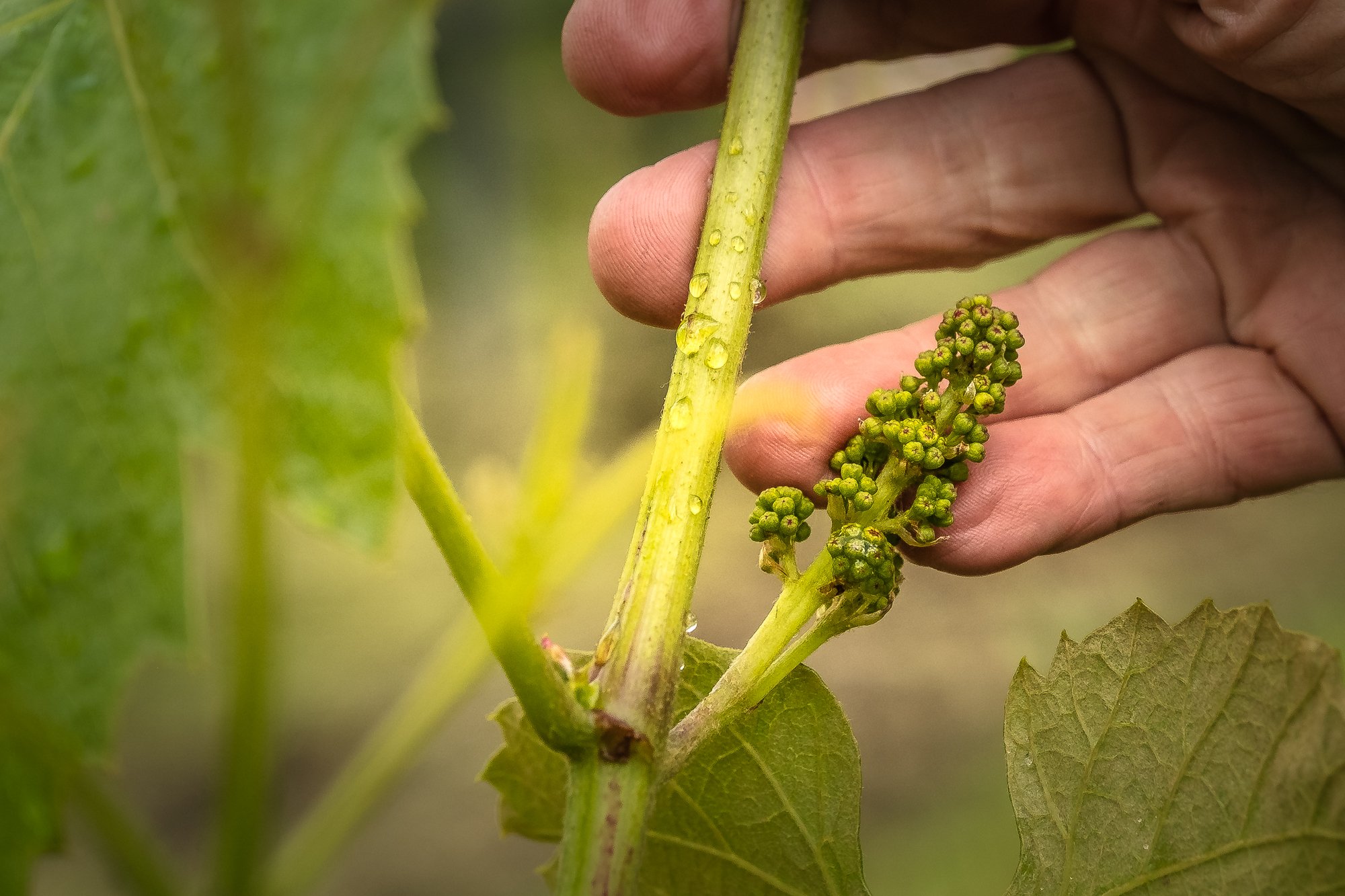
Who We Are
We started small, like a seed;
The Puget Sound Food Hub began as a weekly wholesale market in a parking lot underpass of the Skagit Valley Food Co-op in late 2010.
and we quickly grew!
Today the Puget Sound Food Hub is a robust farmer-owned cooperative operating in the Puget Sound region. We market, aggregate and distribute locally produced food from our partners farms to our wholesale buyers that range from restaurants, hospitals, preschools, grocery stores, universities and more!

Our Mission
To support and champion local, family scale farms by providing a direct connection with buyers in our region seeking high quality, locally produced food.
Our Values
Cooperatives are based on the values of self-help, self-responsibility, democracy, equality, equity and solidarity. In the tradition of their founders, co-operative members believe in the ethical values of honesty, openness, social responsibility and caring for others.
We share a vision of providing our region with direct access to locally produced foods while supporting the sustainability of our local farms.
Our process creates a values-based supply chain for food safety and transparency. We maintain high quality standards and showcase the producer’s identity from purchase to delivery so that our customers know the story of who, how and where their food was grown.
Our Principles
We align with the National Good Food Purchasing Program and the International Cooperative Alliance to uphold the following Principles:
Good Food Principles
-
We believe in advancing sustainable and organic production practices that conserve soil and water, protect wildlife habitats and biodiversity, and reduce greenhouse gas emissions.
-
We believe all people working in the food chain deserve safe and healthy working conditions and fair compensation.
-
We believe that food should not contain ingredients that may be harmful to human health, or the health of the environment.
-
We believe all farm animals, as sentient beings, have value beyond economic measure and are entitled to moral and ethical consideration. As such, we uphold high standards for their humane treatment including preventative wellness care, rehabilitative care, access to pasture and a substantial percentage of their time spent on grass, living conditions and shelter that promotes their physical and social health, and slaughter practices that minimize suffering.
Cooperative Principles
-
Membership in a cooperative is open to all persons who can reasonably use its services and stand willing to accept the responsibilities of membership, regardless of race, religion, gender, or economic circumstances.
-
Cooperatives are democratic organizations controlled by their members, who actively participate in setting policies and making decisions. Elected representatives (directors/trustees) are elected from among the membership and are accountable to the membership. In primary cooperatives, members have equal voting rights (one member, one vote); cooperatives at other levels are organized in a democratic manner.
-
Members contribute equitably to, and democratically control, the capital of their cooperative. At least part of that capital remains the common property of the cooperative. Members allocate surpluses for any or all of the following purposes: developing the cooperative; setting up reserves; benefiting members in proportion to their transactions with the cooperative; and supporting other activities approved by the membership.
-
Cooperatives are autonomous organizations controlled by their members. If they enter into agreements with other organizations, including governments, or raise capital from external sources, they do so on terms that ensure democratic control as well as their unique identity.
-
Education and training for members, elected representatives (directors/trustees), CEOs, and employees help them effectively contribute to the development of their cooperatives. Communications about the nature and benefits of cooperatives, particularly with the general public and opinion leaders, helps boost cooperative understanding.
-
By working together through local, regional, and national structures, cooperatives improve services, bolster local economies, and deal more effectively with social and community needs.
-
Cooperatives work for the sustainable development of their communities through policies supported by the membership.

Leadership














